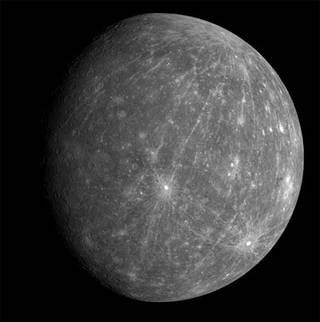The ESA probe BepiColombo flew past Earth on the way to Mercury. The probe launched in 2018 and made the last visit of our home before continuing onward to the final destination. The spacecraft needs to shed velocity to arrive at Mercury in 2025 at a velocity to enter orbit. The spacecraft will make multiple additional planetary flybys of Venus and Mercury to slow down to enter orbit.
In space travel, mission planners need to balance mission resources. The amount of fuel required to either speed up or slow down a spacecraft greatly impacts the cost of the mission. Using a longer flight path can reduce the propellent requirements for a mission but the mission will take longer. Gravity assists can, therefore, allow a spacecraft to be launched on a cheaper, less powerful rocket.
Gravity assist flyby?
A Gravity assist flyby has other names including a gravitational slingshot, gravity assist maneuver, or swing-by. Gravity assistance maneuvers increase or decrease its speed or redirect the orbital path. The spacecraft slingshots around another object with a gravitational field and transfers some of the energy during that slingshot. In the case of BepiColombo, the spacecraft needs to slow down to be captured by Mercury…
